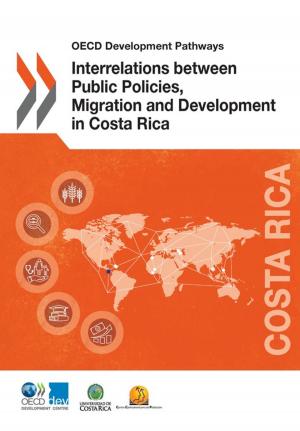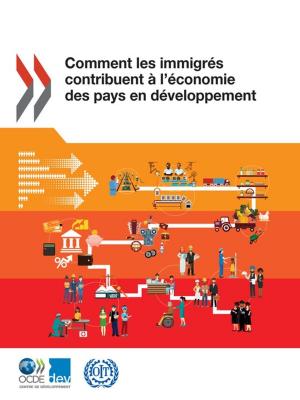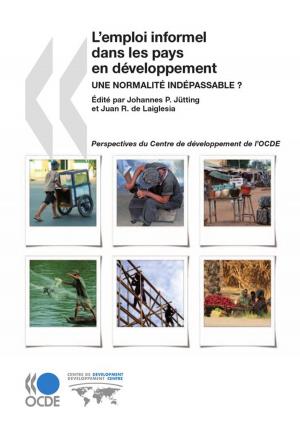OECD Reviews of Labour Market and Social Policies: Chile 2009
Business & Finance, Career Planning & Job Hunting, Labor| Author: | Collective | ISBN: | 9789264060616 |
| Publisher: | OECD | Publication: | April 6, 2009 |
| Imprint: | OECD | Language: | English |
| Author: | Collective |
| ISBN: | 9789264060616 |
| Publisher: | OECD |
| Publication: | April 6, 2009 |
| Imprint: | OECD |
| Language: | English |
This report analyses in detail the implications of recent developments in Chile's labour market and social policy and considers the available policy options from the perspective of OECD countries’ experience.
The report finds that Chile has enjoyed rising living standards over two decades of strong economic growth. The incidence of poverty is now much lower and there is better access to adequate housing, education and healthcare. Nevertheless, Chile’s income distribution remains disturbingly unequal by OECD standards. This is partly due to Chile’s a relatively low employment rate, especially for women, but it also reflects a segmented labour market, where much of the recent job creation has occurred in relatively low-productive sectors. Moreover, despite the existence of an internationally renowned pension programme, Chile’s social protection system as a whole has still a relatively long way to go before reaching the standards of developed countries in terms of effective coverage and capacity to assist needy households. Chilean policy makers have begun to develop and implement a series of ambitious reforms, intended to promote the twin goals of work and equity.
This report analyses in detail the implications of recent developments in Chile's labour market and social policy and considers the available policy options from the perspective of OECD countries’ experience.
The report finds that Chile has enjoyed rising living standards over two decades of strong economic growth. The incidence of poverty is now much lower and there is better access to adequate housing, education and healthcare. Nevertheless, Chile’s income distribution remains disturbingly unequal by OECD standards. This is partly due to Chile’s a relatively low employment rate, especially for women, but it also reflects a segmented labour market, where much of the recent job creation has occurred in relatively low-productive sectors. Moreover, despite the existence of an internationally renowned pension programme, Chile’s social protection system as a whole has still a relatively long way to go before reaching the standards of developed countries in terms of effective coverage and capacity to assist needy households. Chilean policy makers have begun to develop and implement a series of ambitious reforms, intended to promote the twin goals of work and equity.















